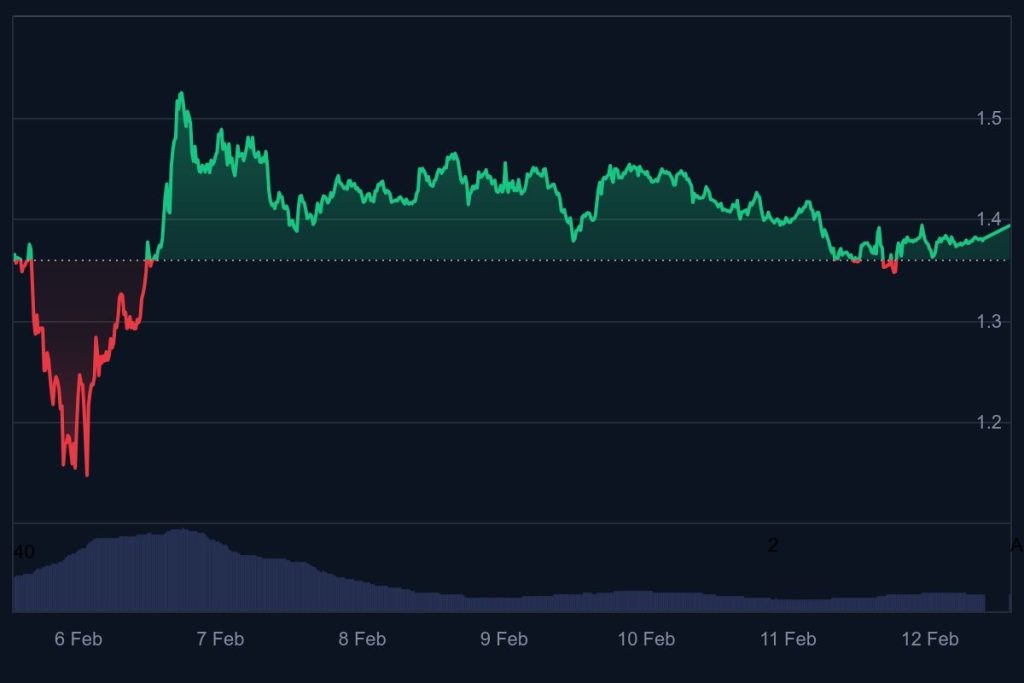PXP eyes long-term gains from exploration contracts — MVP
UPSTREAM OIL and gas company PXP Energy Corp. is bracing for an extended and capital-intensive exploration phase following the award of three new petroleum service contracts, Chairman Manuel V. Pangilinan (MVP) said.
The exploration is “a long process and probably quite complicated,” he told reporters on Nov. 24. “It’s a long-term process, so we have to be patient… Many years [lie ahead] for PXP.”
The Philippine company plans to invest “several million dollars” into the technical work required under the contracts, which cover two Sulu Sea blocks — Service Contract (SC) 80 and SC 81 — and SC 86, which encompasses the Octon Block in northwest Palawan.
Mr. Pangilinan earlier said these projects would expand their exploration presence in the Sulu Sea — an area with a proven exploration history and promising untapped potential — and strengthen PXP’s position in the highly prolific Northwest Palawan basin.
The company has pledged to conduct thorough technical studies and maintain prudent operations across its portfolio, while also targeting long-term opportunities in the South China Sea, where maritime disputes with China have delayed development.
PXP’s focus on exploration comes amid financial pressures. In the third quarter, the company posted a net loss of P16.1 million, wider than P7.6 million a year earlier, as lower crude prices, reduced sales from Galoc liftings, higher interest expenses and foreign exchange losses weighed on results.
Consolidated operating revenues fell 21.9% to P21.9 million, mainly due to lower crude prices and a reduced volume of barrels lifted.
Despite the short-term financial drag, Mr. Pangilinan has cited the strategic importance of the Sulu Sea and Palawan blocks for PXP’s long-term growth. The company is preparing to commence exploration activities, which include geological surveys, technical assessments, and other preparatory work, in line with commitments to the Philippine government. — Sheldeen Joy Talavera
You May Also Like

WLFI Expands Into Forex With World Swap Launch

Usdt stablecoin could challenge Bitcoin leadership
